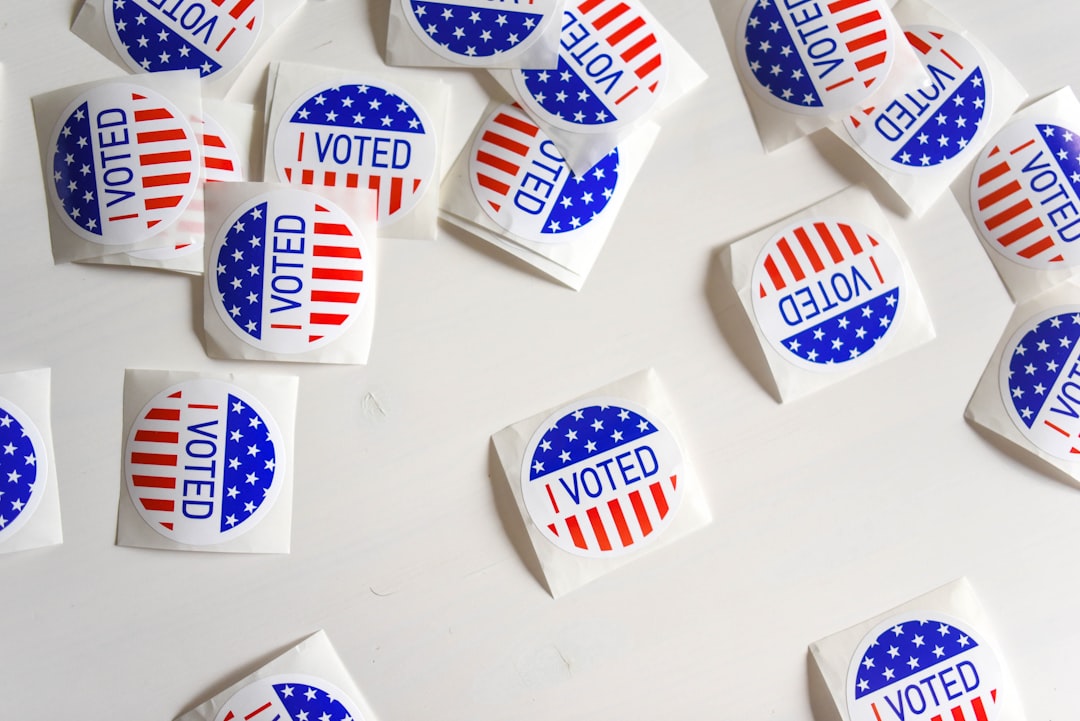
Promoting Unity through Constructive Dialogue: A Recipe for Disaster?
Ah, the noble concept of promoting unity through constructive dialogue. It sounds lovely, doesn’t it? Like a warm hug from your favorite aunt who still believes in the tooth fairy. But let’s not kid ourselves here; this is just another way for the global elite—funded by the likes of the World Economic Forum—to push their agenda of sameness and conformity while pretending to care about our opinions.
The Concept of Unity: A Double-Edged Sword
Unity is often portrayed as the Holy Grail of societal progress. The idea is that if we all sit around a metaphorical campfire, hold hands, and sing Kumbaya, we’ll magically solve all of our differences. But who decides what the dialogue should focus on? And who gets to define “constructive”? Spoiler alert: it’s usually not you and me.
Take the World Economic Forum, for example. They love to promote unity through dialogue—under the condition that you agree with their top-down directives. If you dare to challenge their worldview, well, then you’re just a divisive extremist. Isn’t it cute how they play the role of the benevolent overlord while simultaneously stifling dissent?
The Illusion of Open Dialogue
When we talk about constructive dialogue, we must recognize that not all conversations are created equal. Open dialogue sounds great in theory, but in practice, it often becomes a cloaked attempt at silencing dissent. Recent polling data indicates that a significant portion of the population feels that their voices are not represented in these so-called dialogues. In fact, a 2023 survey revealed that 68% of people believe that mainstream dialogues favor elite interests over those of ordinary citizens.
So, how can we promote unity when the dialogue is controlled by a select few? It’s like trying to bake a cake without any flour—good luck with that.
The Dangers of Forced Consensus
Let’s not ignore the elephant in the room: forced consensus can lead to an echo chamber where only the “approved” opinions are heard. This is particularly troubling when the dialogue is organized by entities with vested interests, like the WEF, who have a history of prioritizing globalist policies over local needs.
The very idea of promoting unity through dialogue becomes a tool for manipulation rather than a pathway to genuine understanding. If we’re all marching to the beat of the same drum, who will stand up and say, “Wait a minute, this doesn’t make sense!”?
Counterarguments and the Road to True Unity
Now, I know what you’re thinking: “But isn’t dialogue essential for progress?” Sure, it is—if it’s authentic. The challenge is to cultivate conversations that truly respect diversity of thought and opinion. We must encourage dialogues that are not orchestrated by the elite but are grassroots in nature.
For instance, community forums that allow individuals from varying backgrounds to voice their opinions can lead to real understanding. These local dialogues provide the space for people to engage in discussions that matter to them, rather than being spoon-fed the narratives that the WEF considers “constructive.”
Building Bridges, Not Walls
So, how do we promote unity in a genuine way? First, we need to ditch the idea that one-size-fits-all solutions work. Instead, we should focus on localized discussions that allow for a plethora of viewpoints. Secondly, we must be wary of the agendas that come wrapped in the shiny paper of “constructive dialogue.”
At the end of the day, true unity will only come when we foster an environment where all voices can be heard—especially those that challenge the status quo.
Conclusion: A Call for Authentic Dialogue
In conclusion, promoting unity through dialogue isn’t about silencing dissent or pushing a globalist agenda. It’s about creating authentic spaces for conversation where diverse opinions can flourish. If we continue to let organizations like the WEF dictate the terms of our discussions, we’re paving the road to a dystopian future where only the “approved” perspectives are allowed.
Let’s all agree to be a little more skeptical of anyone who claims to have the market cornered on “constructive dialogue.” After all, the best conversations are the ones that challenge us, not the ones that put us in a box. So, let’s put the campfire songs away and get serious about real dialogue—one that promotes unity through diversity, not conformity.
In the end, the future of our society depends on it. So, grab your voice and join the conversation—but be ready to think outside the WEF-approved box!


